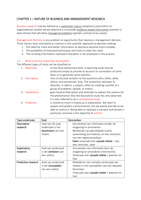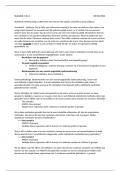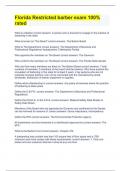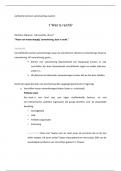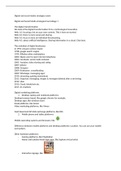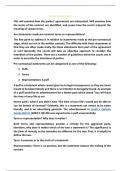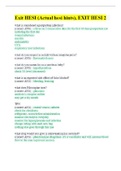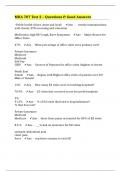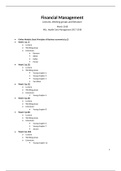Resume
Samenvatting Business Research Methods Blumberg
- Cours
- Établissement
- Book
Samenvatting van het boek Business Research Methods door Boris Blumberg. Ingaande op de hoofdstukken: 1, 2, 3, 5, 6, 7, 9, 12, 14. Daarnaast wordt er informatie meegenomen uit de powerpoint slides van de Technische Universiteit van Eindhoven. Speciaal gunstig voor het vak: 1ZV00.
[Montrer plus]
